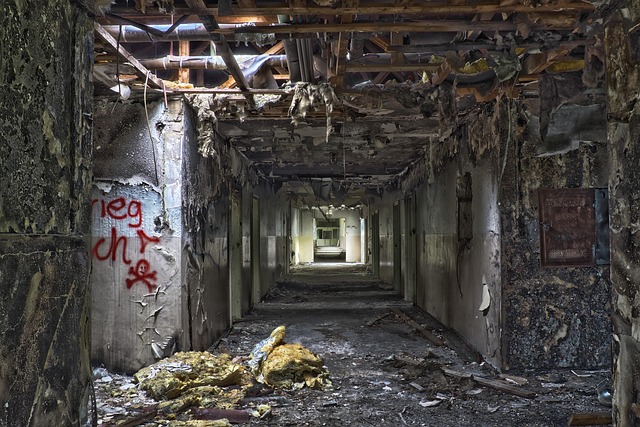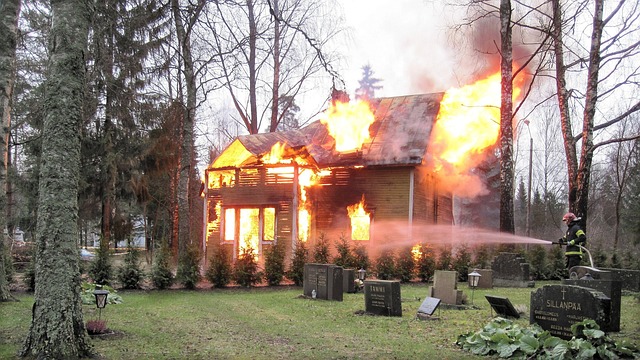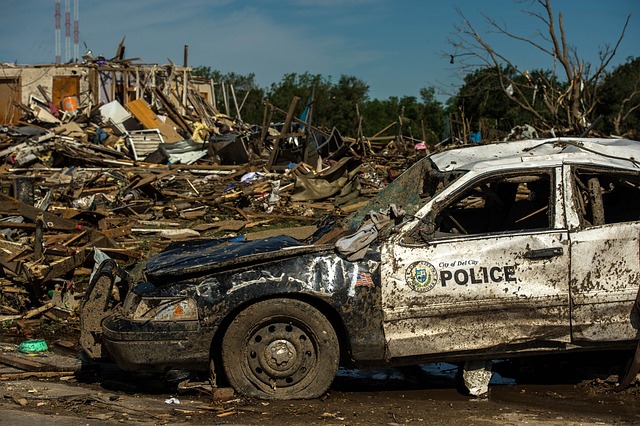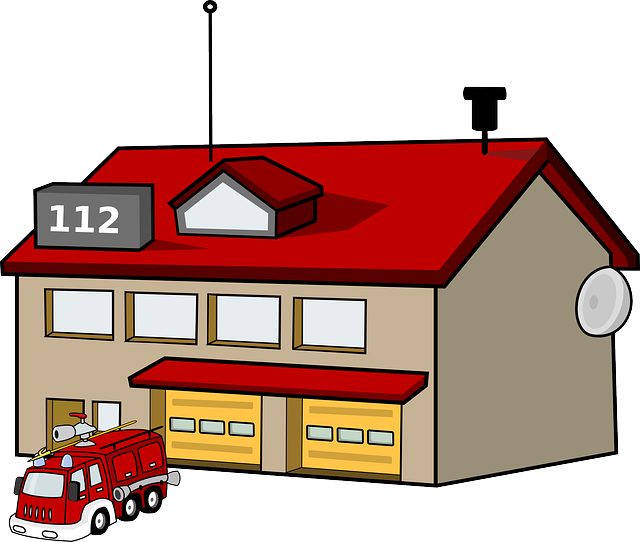In Texas, real estate transactions prioritize transparency through property disclosure laws, especially regarding fire damage in homes. When selling a house "as-is" due to fire damage in Houston, sellers must disclose known defects like structural issues, water damage, or previous fires, or face legal consequences. Buyers have the right to understand the extent of damages and repairs needed for safety and value. This process is crucial for swift sales, transparency, and avoiding costly litigation. Using keywords like "sell my house as is fire damage Houston" can help attract specialized buyers and ensure a successful transaction despite challenges.
“Texas property disclosure laws play a crucial role in ensuring transparency during real estate transactions. This comprehensive guide delves into the intricacies of these laws, focusing on selling properties ‘as is’ in Houston, especially after fire damage.
We explore what constitutes an ‘as is’ sale, legal implications of fire damage, and the obligation to disclose material defects. Additionally, we shed light on exclusions, exceptions, and the process of selling your house as is following fire damage in Houston, helping you navigate this complex landscape.”
- Understanding Texas Property Disclosure Laws
- What is Considered As Is Sale in Texas?
- Fire Damage and Its Legal Implications
- Disclosing Material Defects: Legal Obligations
- Exclusions and Exceptions to Disclosure
- Selling Your House As Is After Fire Damage in Houston
Understanding Texas Property Disclosure Laws

In Texas, property disclosure laws are designed to ensure transparency and protect both buyers and sellers during real estate transactions. When considering selling your house as is with fire damage in Houston, understanding these laws is crucial. Sellers must disclose known defects or material facts about the property that could impact its value or safety. This includes, but is not limited to, structural issues, water damage, mold, and previous accidents or fires.
Failure to disclose such information can lead to legal repercussions for the seller. Buyers have a right to know the full extent of any damages or repairs needed before making an informed decision. For a home with fire damage in Houston, this might involve disclosing details about the cause, scope, and cost of repairs required. Transparent communication throughout the process is essential to navigate these disclosure laws effectively, especially when selling a property as-is.
What is Considered As Is Sale in Texas?

In Texas, a “sell my house as is” transaction refers to a real estate sale where the property is sold in its current condition, with no repairs or improvements required by the buyer. This approach is often appealing to homeowners looking to sell quickly due to fire damage in Houston or other unforeseen circumstances, as it eliminates the need for extensive renovations and allows for a faster closing process.
When selling a property “as is,” buyers acknowledge that they are purchasing the home in its current state, including any existing issues like fire damage. This transparency helps set clear expectations and can streamline the sales process. It’s crucial for sellers to disclose any known defects or damages, such as those resulting from fire, to ensure compliance with Texas property disclosure laws.
Fire Damage and Its Legal Implications

Fire damage, whether minor or extensive, is a significant concern for both homeowners and potential buyers in Texas, especially when considering a sale. If you’re thinking about selling your house as-is due to fire damage in Houston, understanding the legal implications is crucial. In Texas, sellers are legally required to disclose any known material defects, including those resulting from fires. This includes revealing the extent of the damage, the cause (if known), and any ongoing repairs or structural issues that may have arisen from the incident.
Non-disclosure or misrepresentation of fire damage can lead to legal repercussions for the seller. Buyers in Texas are protected by law, ensuring they receive accurate information about a property’s condition before purchasing. Concealing or underestimating fire damage could result in costly litigation and even void the sale contract. Therefore, honesty and transparency regarding fire damage history are essential to navigate these legal implications successfully when selling your house as-is due to fire damage in Houston.
Disclosing Material Defects: Legal Obligations

Exclusions and Exceptions to Disclosure

When it comes to selling a home in Houston, Texas, particularly one that has experienced fire damage, understanding property disclosure laws is crucial. While these laws aim to protect buyers by ensuring transparency about a property’s condition, there are certain exclusions and exceptions to keep in mind. Some issues might not need to be disclosed, especially if they are considered normal wear and tear or already known to the buyer. For instance, minor cosmetic problems like scuffs on walls or faded carpeting typically fall under this category.
However, significant structural damage from a fire is an exception. Even if you plan to sell your house as-is in Houston due to fire damage, it’s essential to disclose this information accurately. Buyers have the right to know about potential hazards or repairs needed, especially if they impact safety and building integrity. This includes revealing the extent of fire damage, any necessary structural repairs, or issues with systems like plumbing or electrical wiring affected by the fire.
Selling Your House As Is After Fire Damage in Houston

When selling your home after a fire in Houston, Texas, the concept of “as-is” sales becomes increasingly relevant. This option is especially attractive for homeowners looking to avoid the time and expense of repairs following a devastating fire. In Texas, property sellers are generally not required to disclose pre-existing conditions, but if significant damage has occurred, buyers should be informed. A transparent conversation about the extent of the fire damage is crucial in these situations.
Houston’s real estate market offers various opportunities for homeowners in this scenario. By choosing to sell “as is,” you can attract cash buyers who specialize in purchasing distressed properties or those willing to take on the challenge of repairing a damaged home. This approach allows for a quicker sale, potentially bypassing traditional financing and the associated paperwork. Remember, open communication about the fire damage history can lead to a mutually beneficial transaction.
Texas property disclosure laws are designed to ensure transparency between sellers and buyers, especially in situations like selling a house as is after fire damage in Houston. Understanding what’s required by law and what’s considered “as is” can help streamline the process for both parties. When disclosing material defects and navigating exclusions, it’s crucial to be thorough yet aware of legal implications, particularly regarding fire damage. By adhering to these guidelines, you can ensure a fair and legally sound transaction when selling your house as is in Houston.






